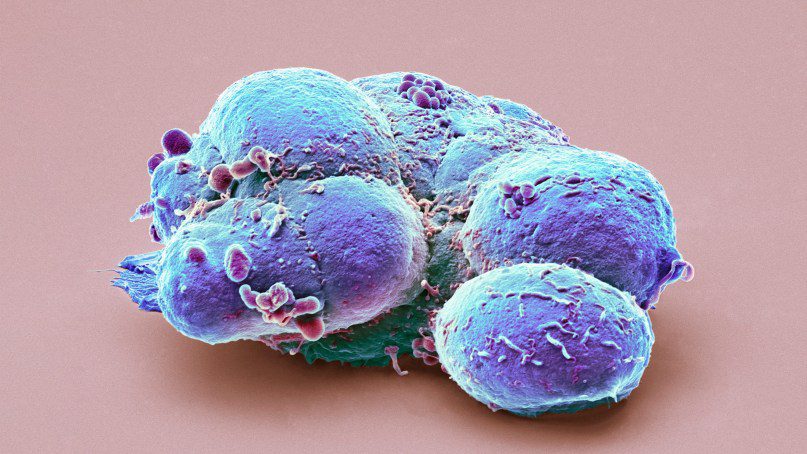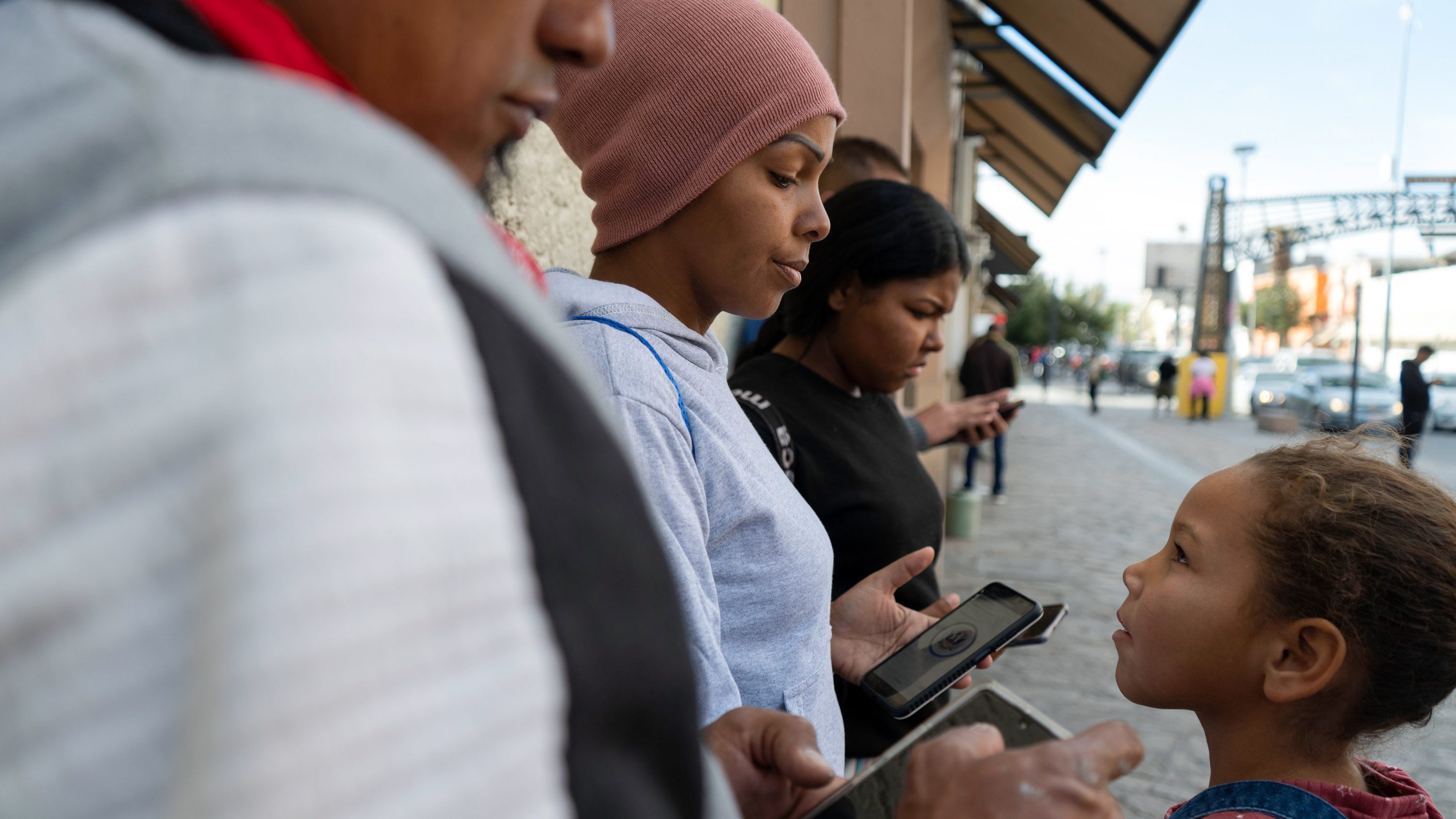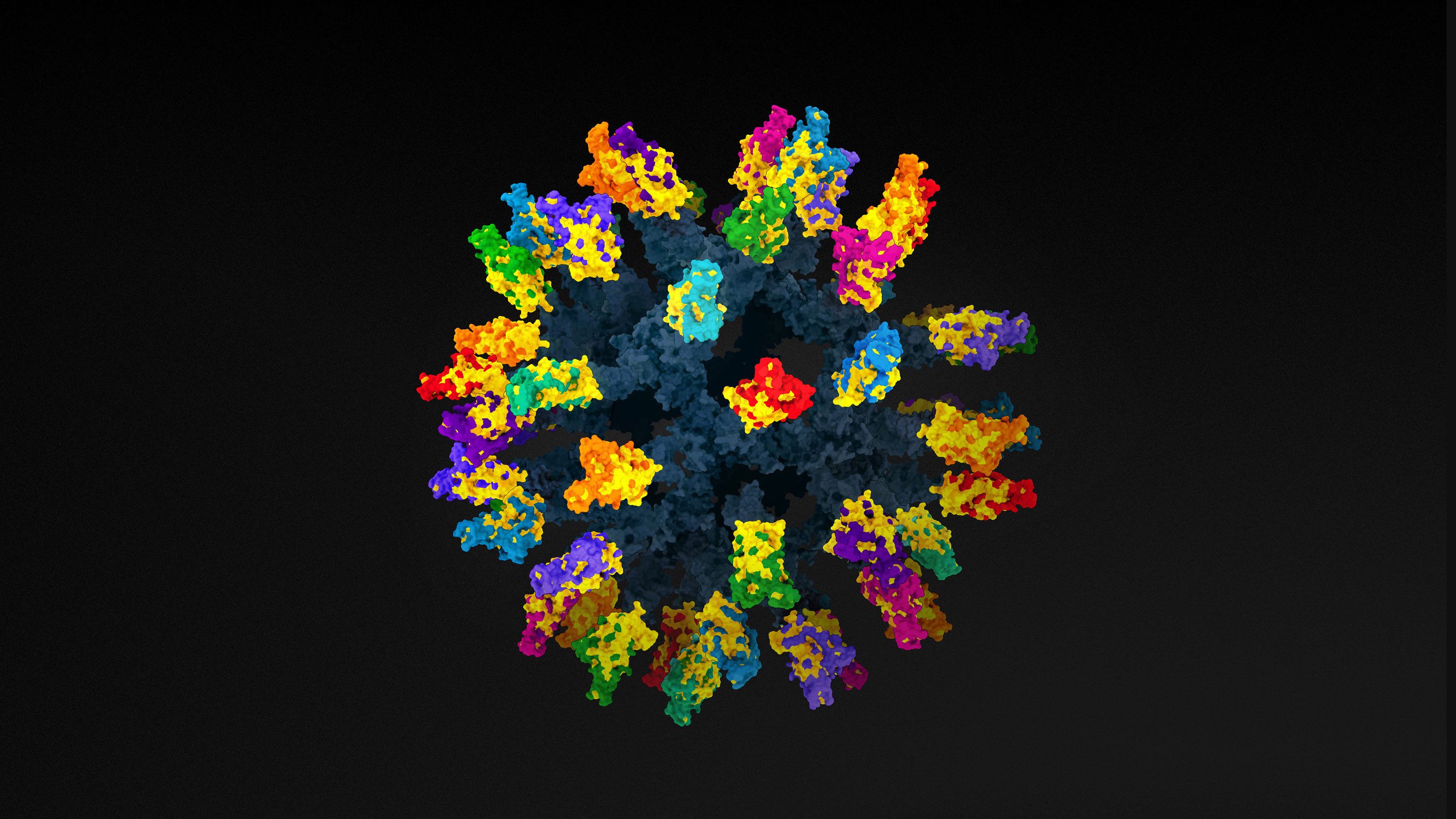The Download: the future of CRISPR babies, and investing in climate tech
This is today’s edition of The Download, our weekday newsletter that provides a daily dose of what’s going on in the world of technology.
Controversial CRISPR scientist promises “no more gene-edited babies” until society comes around
He Jiankui, the Chinese biophysicist whose controversial 2018 experiment led to the birth of three gene-edited children, says he’s returned to work on the concept of altering the DNA of people at conception, but with a difference.
This time around, he says, he will restrict his research to animals and nonviable human embryos. He will not try to create a pregnancy, at least until society comes to accept his vision for “genetic vaccines” against common diseases.
During an exclusive subscribers-only live interview with MIT Technology Review last week, He defended his past research and revealed he only has one regret. Read more about what he had to say.
—Antonio Regalado
From Meta CTO to climate tech investor: Mike Schroepfer on his big pivot
The more Mike Schroepfer learned more about global warming in 2020, the more he came to believe he had a role to play. By leveraging his technical expertise and financial resources, the then chief technology officer of Meta could accelerate essential research and help us prepare for the escalating dangers.
As the threat of climate change consumed more and more of his time, he decided to step down from his CTO role in 2021. He has since launched several new climate tech initiatives, including one exploring the contentious idea of solar geoengineering.
Last week, Schroepfer sat down with MIT Technology Review to discuss his approach to the problem, why he’s willing to spend money on controversial climate interventions, and what AI and the presidential election could mean for progress on clean energy. Read the full story.
—James Temple
The must-reads
I’ve combed the internet to find you today’s most fun/important/scary/fascinating stories about technology.
1 Elon Musk shared an edited video of Kamala Harris on X
In an apparent violation of the company’s own rules on sharing synthetic media. (WSJ $)
+ Musk failed to disclose that the video had been altered. (NYT $)
+ Harris’ campaign accused Musk of spreading ‘manipulated lies.’ (The Guardian)
+ An AI startup made a hyperrealistic deepfake of me that’s so good it’s scary. (MIT Technology Review)
2 Apple has pushed back the launch of its AI features
Apple Intelligence will no longer roll out in September as originally planned. (Bloomberg $)
+ Hopefully this’ll give Apple more time to catch bugs. (The Information $)
+ Apple is promising personalized AI in a private cloud. Here’s how that will work. (MIT Technology Review)
3 The Democrats are seeking to build bridges with the crypto industry
Relations have been rocky in the past few years, to say the least. (FT $)
+ Donald Trump has already made a major play for the bitcoin faithful. (Wired $)
+ So much so, Trump-themed memecoins are back. (NYT $)
4 France’s internet cables have been severed
It’s the latest attack on the country’s infrastructure during the Olympics. (Bloomberg $)
+ The French train system was targeted last week. (Vox)
5 We may have just made an important alien discovery
Unfortunately, we’ll have to wait until 2040 to be sure. (The Atlantic $)
6 Plug-and-play solar panels are all the rage in Germany
The lightweight panels are making it easy for civilians to generate their own electricity. (NYT $)
+ Offshore wind farms are on the rise, too. (Hakai Magazine)
+ The race to get next-generation solar technology on the market. (MIT Technology Review)
7 China is keen to mine the ocean floor
The country is desperate to find new sources of critical minerals. (Economist $)
+ This startup uses AI to seek out metals deep in the ground. (WSJ $)
+ These deep-sea “potatoes” could be the future of mining for renewable energy. (MIT Technology Review)
8 Specialized dating apps are thriving
Tinder and Bumble are out, Grindr and Feeld are in. (FT $)
9 It’s time to embrace ‘underconsumption core’
Gen Z shoppers are turning their backs on unnecessary consumerism. (Insider $)
10 Silicon Valley startups are inviting founders to roast them
Blunt feedback can be the best way to avoid expensive future pitfalls—if you can hack it. (WP $)
Quote of the day
“It’s not just about posting a coconut meme — it’s about making the conversation about abortion.”
—Danielle Butterfield, the executive director of political action committee Priorities USA, explains to the New York Times how Kamala Harris should handle her burgeoning online fandom.
The big story
This fuel plant will use agricultural waste to combat climate change

February 2022
A startup called Mote plans to build a new type of fuel-producing plant in California’s fertile Central Valley that would, if it works as hoped, continually capture and bury carbon dioxide, starting from 2024.
It’s among a growing number of efforts to commercialize a concept first proposed two decades ago as a means of combating climate change, known as bioenergy with carbon capture and sequestration, or BECCS.
It’s an ambitious plan. However, there are serious challenges to doing BECCS affordably and in ways that reliably suck down significant levels of carbon dioxide. Read the full story.
—James Temple
We can still have nice things
A place for comfort, fun and distraction to brighten up your day. (Got any ideas? Drop me a line or tweet ’em at me.)
+ Hundreds of Kate Bush fans gathered to recreate her iconic Wuthering Heights dance this weekend—check out the dance itself here.
+ Andy Morton’s got the right idea—he’s tried 50,000 kinds of beer (thanks Jess!)
+ The Netherlands’ Bosch Parade looks suitably surreal.
+ These pancakes look delicious. 
















